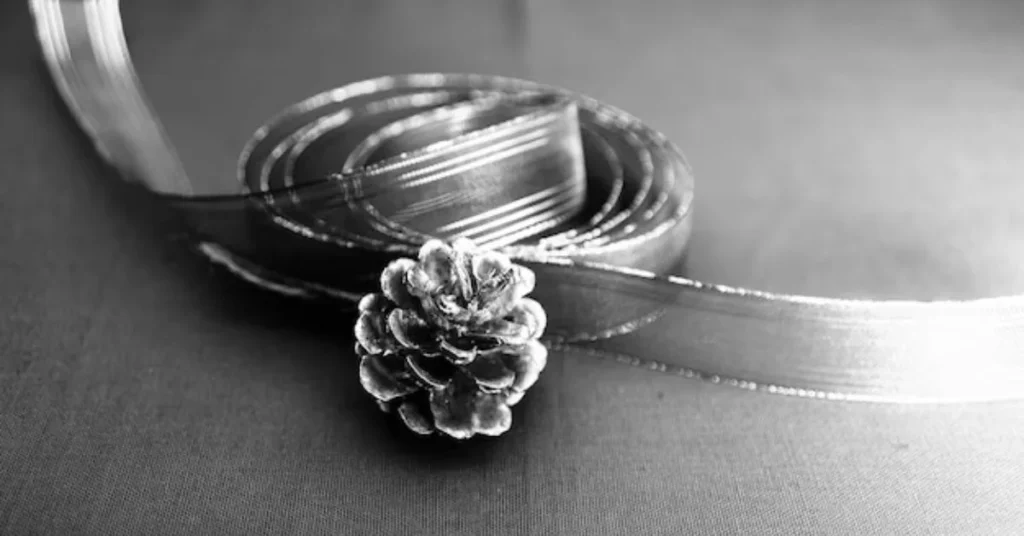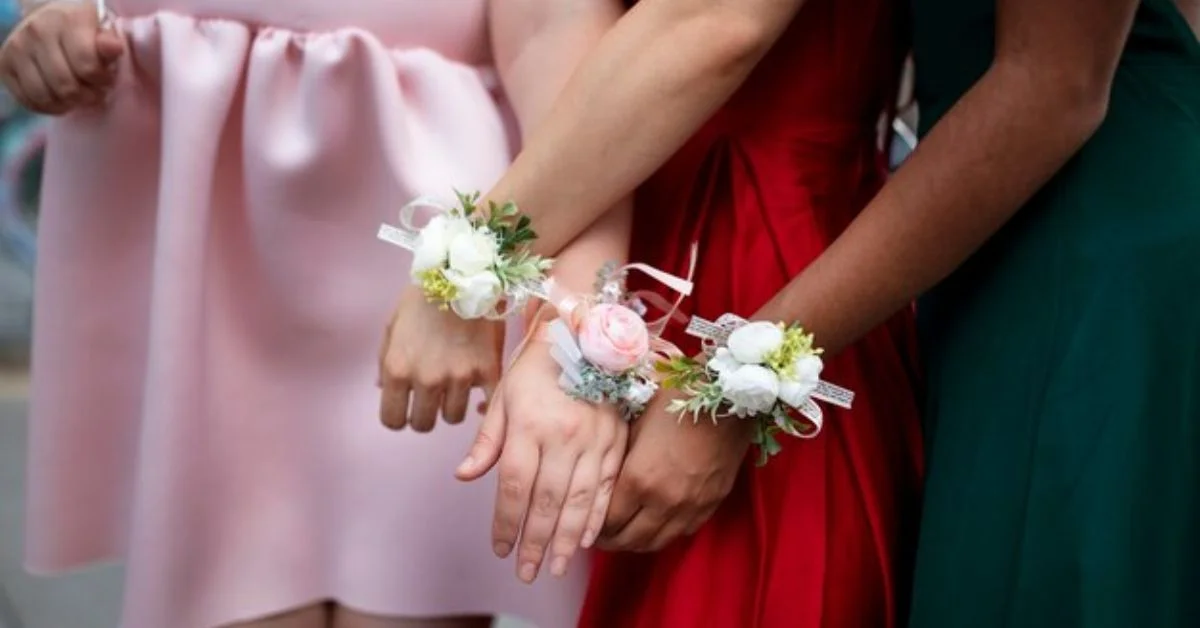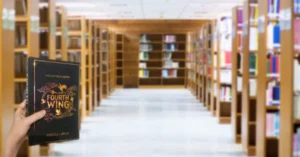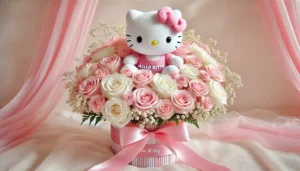A corsage is more than just a decorative floral arrangement; it is a timeless accessory that symbolizes elegance, tradition, and celebration. Whether for proms, weddings, or special occasions, corsages add a touch of beauty and sophistication to any outfit. In this guide, we’ll explore the history of corsages, different styles, how to choose the perfect one, and tips for preserving them.
What is a Corsage?
A corsage is a small bouquet or floral arrangement worn on the wrist, pinned to clothing, or attached to a handbag. Traditionally, corsages are worn by women on formal occasions, while men wear boutonnieres. The word “corsage” originates from the French term for a woman’s bodice, as these flowers were initially pinned to the bodice of dresses.
The History of Corsages
The tradition of wearing flowers dates back centuries. Ancient Greeks and Romans believed flowers had magical and protective properties, often using them in ceremonies. In the Victorian era, corsages became a popular gift for women attending dances or social gatherings. By the 20th century, corsage evolved into a fashion statement, especially for proms and weddings.

Types of Corsage
1. Wrist Corsages
- The most popular choice for proms and weddings.
- Secured with a bracelet or ribbon.
- Comfortable and easy to wear.
2. Pin-On Corsages
- Attached to the dress with a pin.
- Commonly seen at formal gatherings.
- Ideal for mothers and grandmothers at weddings.
3. Handheld Corsage
- A small bouquet held instead of being worn.
- Suitable for those who prefer not to pin or wear flowers.
- Often used in bridal parties.
4. Shoulder Corsage
- Typically worn on one shoulder.
- Popular among mothers of the bride or groom.
5. Ankle Corsage
- A unique and trendy option.
- Frequently used in modern photoshoots.
How to Choose the Perfect Corsage
1. Consider the Occasion
- Proms: Wrist corsage with fresh roses or orchids.
- Weddings: Elegant pin-on or wrist corsage with white or pastel flowers.
- Anniversaries: Custom corsage featuring meaningful flowers.
2. Match with the Outfit
- Choose colors that complement the dress or suit.
- Consider the formality of the event.
3. Select the Right Flowers
- Roses: Classic and romantic.
- Orchids: Exotic and sophisticated.
- Lilies: Elegant and fragrant.
- Baby’s Breath: Adds a delicate touch.
4. Choose Fresh or Artificial Flowers
- Fresh Flowers: Natural beauty but limited lifespan.
- Artificial Flowers: Last longer and can be kept as a keepsake.
How to Preserve a Corsage
- For Fresh Corsage:
- Store in a refrigerator until worn.
- Mist with water to keep flowers hydrated.
- For Artificial Corsage:
- Keep in a dust-free box.
- Avoid direct sunlight to prevent fading.
Conclusion
Corsages are a beautiful way to celebrate special occasions, adding elegance and personal touch to any attire. Whether you opt for a classic wrist corsage or a trendy floral bracelet, selecting the right one enhances your look and creates lasting memories.
FAQs
Q1: How long does a fresh corsage last?
A fresh corsage typically lasts 24-48 hours if properly stored.
Q2: Can I make my own corsage?
Yes! DIY corsage require floral tape, wire, fresh or artificial flowers, and a wristband or pin.
Q3: How do I pin a corsage properly?
Use a corsage pin to secure it diagonally to the dress for a firm hold.
Q4: Are there modern trends in corsage design?
Yes! Floral bracelets, dried flower corsage, and minimalist single-flower designs are trending.








